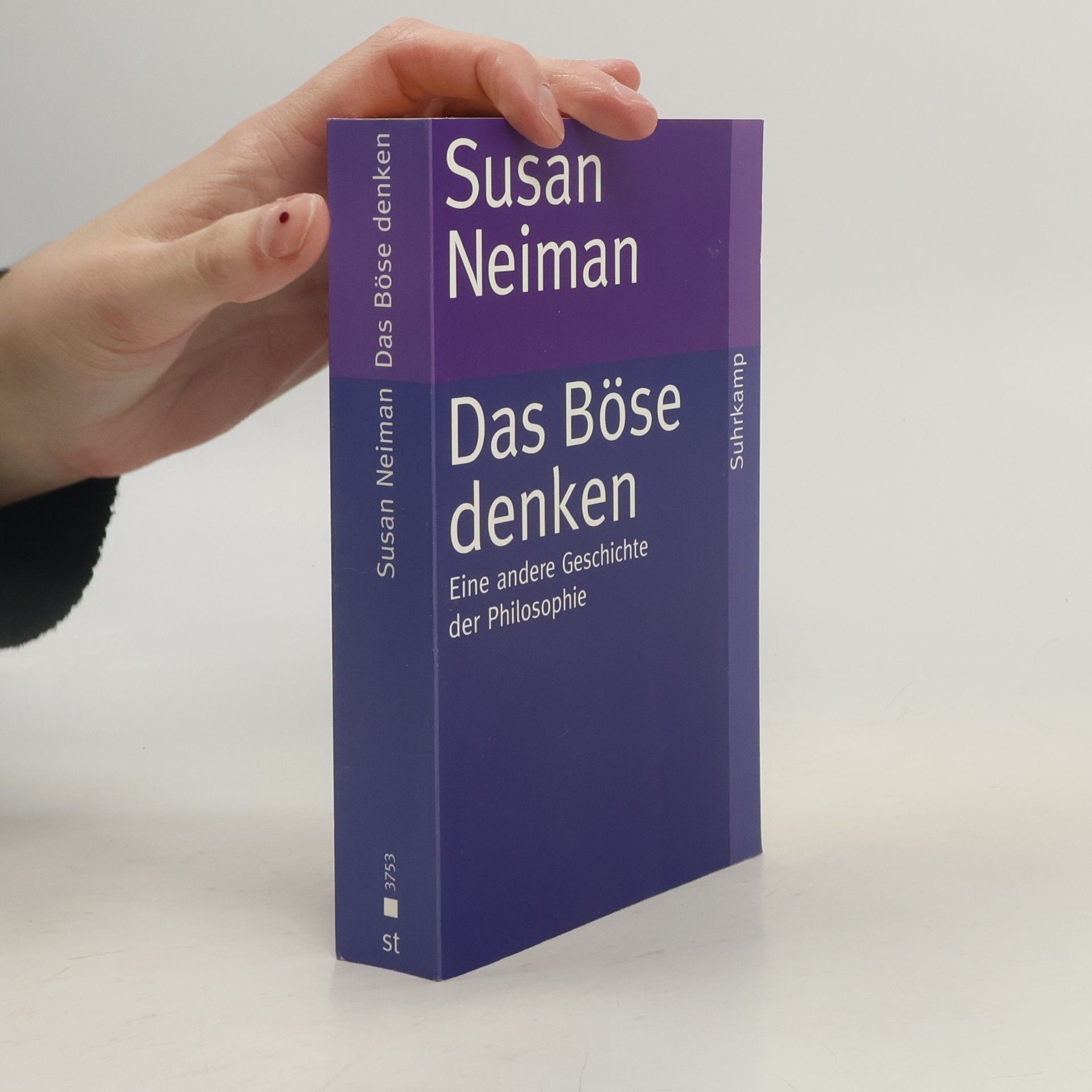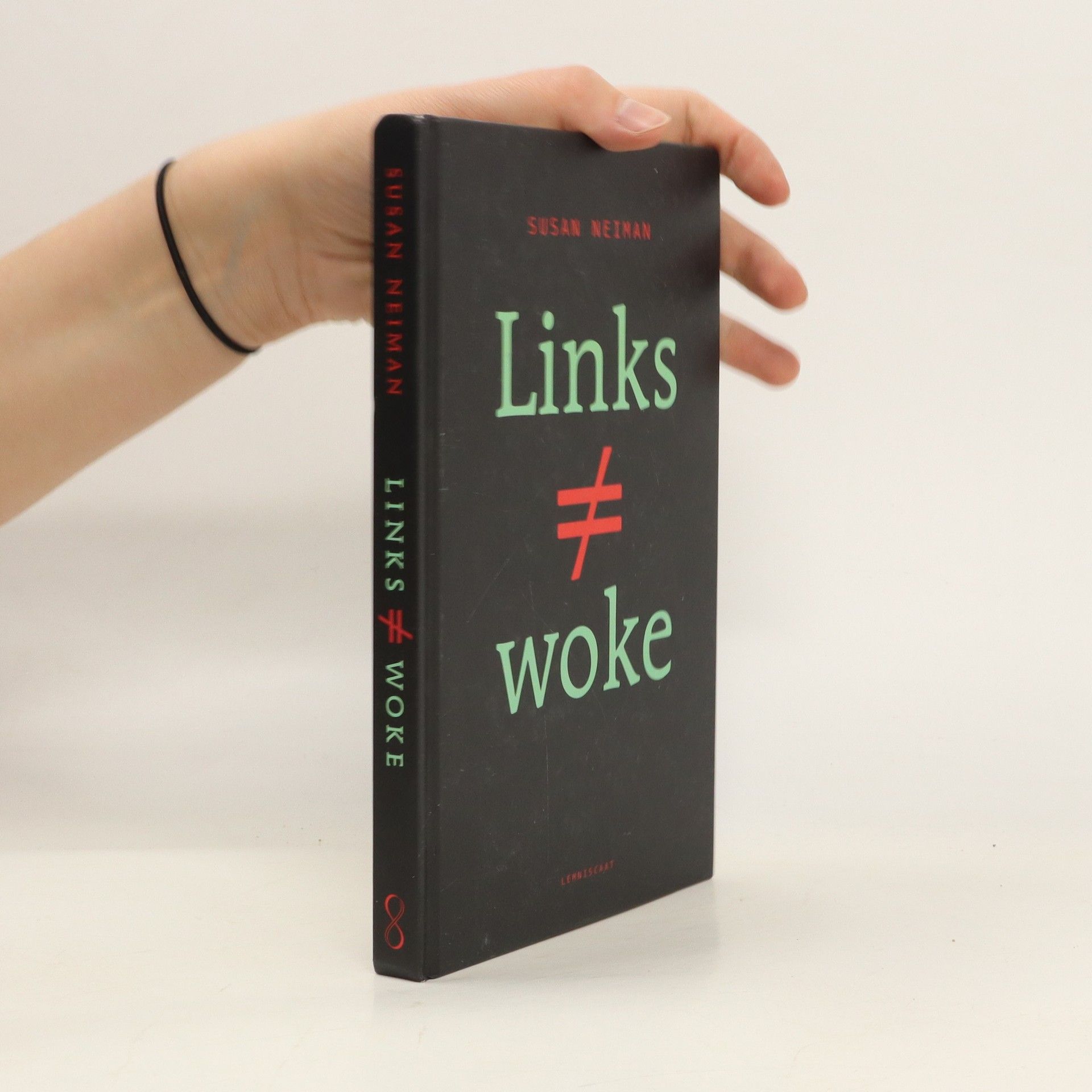Learning from the Germans
- 432 stránek
- 16 hodin čtení
'An ambitious and engrossing investigation of the moral legacies which stubbornly refuse to pass' Brendan Simms As the western world struggles with its legacies of racism and colonialism, what can we learn from the past in order to move forward? Susan Neiman's Learning from the Germans delivers an urgently needed perspective on how a country can come to terms with its historical wrongdoings. Neiman, who grew up as a white girl in the American South during the civil rights movement, is a Jewish woman who has spent much of her adult life in Berlin. In clear and gripping prose, she uses this unique perspective to combine philosophical reflection, personal history and conversations with both Americans and Germans who are grappling with the evils of their own national histories. Through focusing on the particularities of those histories, she provides examples for other nations, whether they are facing resurgent nationalism, ongoing debates over reparations or controversies surrounding historical monuments and the contested memories they evoke. It is necessary reading for all those confronting their own troubled pasts.








